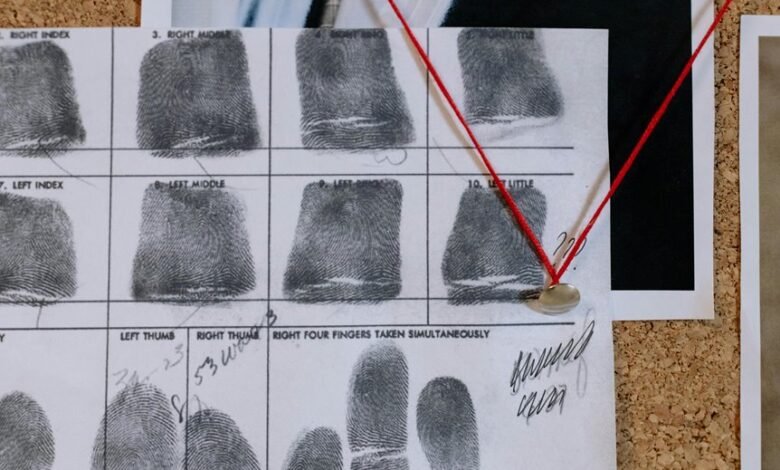Identity Tracing Support Caller Authentication Checkpoint 3511319169 3296211812 3888818976 3281108529 3334671842 3274177912

The Identity Tracing Support Caller Authentication Checkpoint presents an advanced framework for verifying caller identities in digital communications. By employing mechanisms centered around unique identifier verification, it aims to bolster security while minimizing unauthorized access risks. This checkpoint not only enhances user trust but also addresses the growing complexities of digital interactions. As the landscape of digital identity continues to evolve, the implications of such authentication measures warrant further exploration.
Understanding Identity Tracing Support Caller Authentication
While the increasing complexity of digital communication has necessitated robust security measures, understanding Identity Tracing Support Caller Authentication is essential for ensuring secure interactions.
This framework emphasizes caller verification to enhance identity security, enabling users to authenticate legitimate communications while mitigating risks.
The Mechanics Behind Unique Identifier Verification
Unique identifier verification serves as a cornerstone in the framework of Identity Tracing Support Caller Authentication, facilitating the accurate authentication of individuals during digital communications.
Various unique identifier methods, such as biometric data and cryptographic tokens, are employed within established verification processes.
These mechanisms ensure a robust layer of security, allowing individuals to engage freely while maintaining the integrity of their identity in a digital landscape.
Benefits of Implementing Authentication Checkpoints
Implementing authentication checkpoints significantly enhances the security framework of digital communication systems, as these checkpoints serve to verify user identities at critical junctures in the interaction process.
This method not only fortifies security protocol optimization but also fosters user experience enhancement by minimizing unauthorized access and ensuring seamless interactions.
Consequently, organizations can maintain a balance between robust security measures and user convenience.
Future Implications for User Identity Security
As technology continues to advance, the future of user identity security will increasingly hinge on the integration of sophisticated authentication mechanisms and adaptive security protocols.
Biometric authentication emerges as a pivotal solution, enhancing security but raising significant privacy concerns.
Balancing user convenience with robust privacy safeguards will be essential, as organizations navigate the complex landscape of identity verification in an increasingly digital world.
Conclusion
In an era where digital interactions are fraught with security threats, the implementation of identity tracing support caller authentication checkpoints is not merely a precaution; it is a necessity. By ensuring the integrity of caller identities through unique identifier verification, these systems stand as a bulwark against unauthorized access. As the complexity of digital communication continues to evolve, the reliance on such robust frameworks will determine not just user safety, but the very trustworthiness of our interconnected world.




